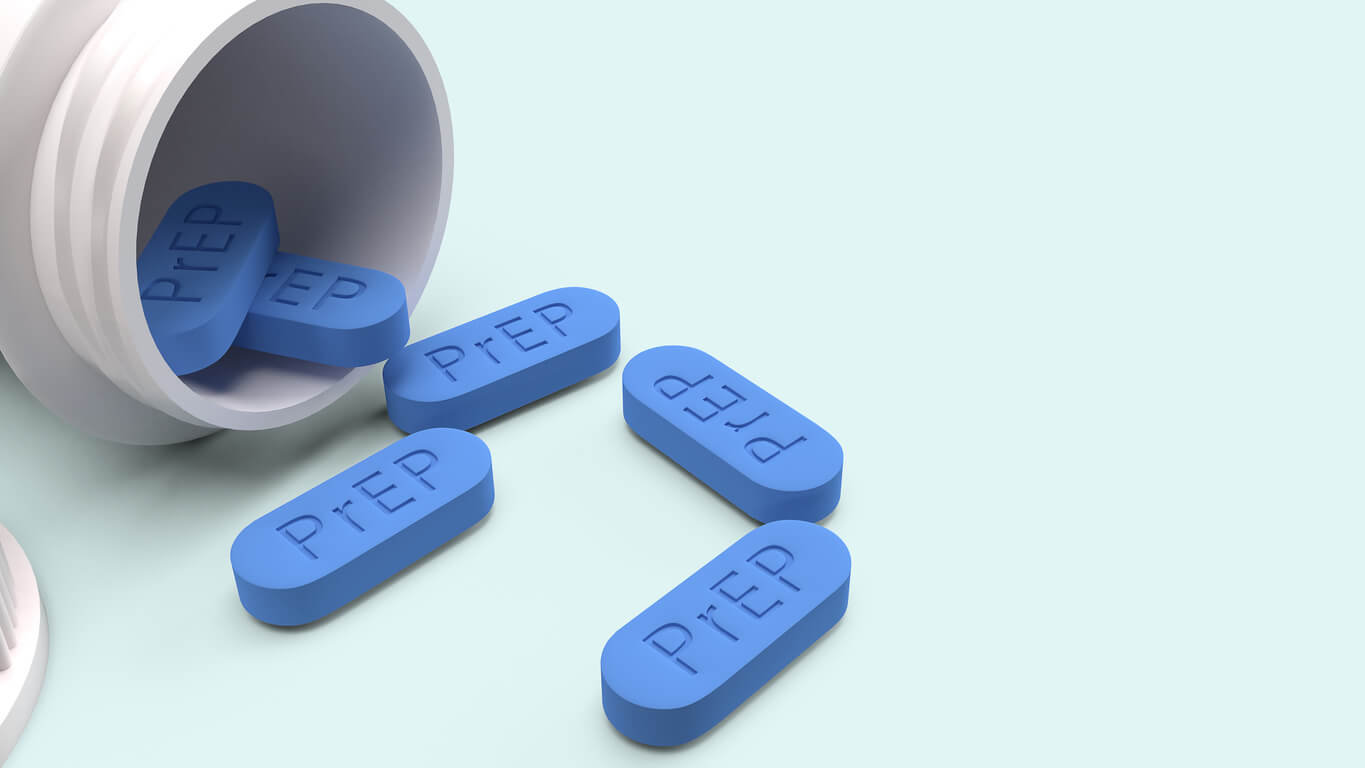Fibrates: Uses, Types, and Side Effects
A complete guide to fibrates
What are fibrates?
Fibrates are a class of drugs that lower triglyceride levels in the body. Health care providers use this combined action to treat high cholesterol (hypercholesterolemia) and high levels of lipids (hyperlipidemia) in adults. An imbalance of cholesterol and lipid levels (dyslipidemia) in the body can significantly increase the risk of severe health problems such as heart disease, heart attack, and stroke.
Fibrates are administered as an oral tablet, usually taken once a day. These drugs are prescribed with lifestyle adjustments such as a healthy diet and increased physical activity to lower cardiovascular risk in patients.
What are fibrates used for?
Fibrates, a healthy diet, and lifestyle changes are prescribed to treat high cholesterol and triglyceride levels.
Triglycerides are a form of lipid. They are the most common form of fat in the body. Your body makes fatty acids out of unused calories from the food you eat, which bind together and make triglyceride molecules. Triglycerides are stored in fat cells and used as energy between meals. When you take in more calories than you burn, these fat molecules build up and can cause damage to your internal organs.
Cholesterol, another form of lipid, is a waxy substance that helps your body make cells, vitamins, and hormones. It is not inherently bad. Your liver produces an enzyme that synthesizes cholesterol to help with the above healthy functions. Additional cholesterol is introduced to the body through meat, poultry, and dairy products.
There are three types of cholesterol: high-density lipoproteins (HDLs), low-density lipoproteins (LDLs), and very low-density lipoproteins (VLDLs). VLDLs contain the highest amounts of triglycerides and carry these lipids to tissues throughout the body. LDLs deliver cholesterol to cells that need it. HDL cholesterol takes excess LDL cholesterol back to the liver, which is broken down and flushed from the body. While LDLs play a crucial role in cell health, they build up when the body has more cholesterol than the cells need. This buildup turns into plaque in the arteries (blood vessels). As plaque covers the artery walls, the blood vessels become narrow. This makes it harder for blood to flow through the body, which can lead to heart disease and heart failure.
Fibrates activate the peroxisome proliferator-activated receptors (PPARs), proteins that control the metabolism of triglycerides. In other words, fibrates reduce the production of triglycerides, which lowers overall lipid levels in the body. They also increase the production of lipoprotein lipase, which breaks down triglycerides. Unlike statins, fibrates’ mechanism of action has little direct effect on low-density lipoproteins. However, the reduction of triglycerides and the increased production of lipid-lowering substances have been shown to reduce LDL levels. Finally, fibrate drugs can stimulate the production of apolipoproteins, which help create HDL cholesterol.
Several factors can increase your risk of developing high levels of triglycerides and cholesterol. These risk factors include:
- Family history of heart disease or high cholesterol
- Personal history of high cholesterol
- Being overweight or having obesity
- Cigarette smoking
- Lack of physical activity or cardiovascular disease
- High blood pressure
- Diabetes
- Unhealthy diet
When left untreated, high concentrations of cholesterol and triglycerides can lead to an increased risk of:
- Pancreatitis (inflammation of the pancreas)
- Coronary heart disease (also known as coronary artery disease)
- Atherosclerosis (narrowing of the arteries)
- Heart attack (myocardial infarction)
- Stroke
- Peripheral arterial disease (PAD)
What are the different types of fibrates?
Several FDA-approved fibrate drugs are available via prescription from a licensed health care provider. The impact of these drugs is essentially the same, although, in clinical trials, they had slightly different effects on glucose metabolism, insulin resistance, and auxiliary complications of diabetes mellitus. Because of this, you should talk to your doctor about any chronic conditions you are managing before starting treatment with fibrate medication.
These include:
- Fenofibrate (generic for Fenoglide, Triglide, and TriCor)
- Gemfibrozil (generic for Lopid)
- Fenofibric Acid (generic for Trilipix)
- Bezafibrate
Fibrate therapy effectively lowers triglyceride levels, although these drugs are rarely prescribed alone. In addition to fibrate use, patients managing high triglyceride levels will be directed to increase their physical activity and maintain a healthy diet. These lifestyle adjustments help improve the overall effectiveness of fibrate drugs while providing a more holistic and sustainable means of keeping cholesterol levels down.
Self-care strategies used with fibrate use include:
- A healthy diet. Limit your consumption of processed foods, animal fats, and salt. Good fats are okay, but eat them in moderation. Increase your intake of veggies, fruits, and whole grains.
- Exercise. Regular physical activity is part of a healthy lifestyle and may help you prevent and manage overall lipid levels.
- Achieve and maintain a healthy weight.
- Quit smoking.
- Minimize alcohol consumption.
- Manage stress. Meditate, schedule therapy, take time off, spend time with family and loved ones—whatever helps reduce stress and improve your quality of life.
What are the common side effects of fibrates?
By treating high triglyceride levels, fibrates are a primary prevention method for serious cardiovascular issues like heart disease and atherosclerosis. In general, their benefits outweigh any possible risks of adverse effects. However, fibrates have been shown to cause some adverse effects.
Common side effects include:
- Headache
- Dizziness
- Constipation
- Diarrhea
- Heartburn
Before starting treatment with any form of fibrate, talk to your health care provider about any medications or supplements you are taking. Fibrates can interact with other drugs and substances, potentially causing adverse reactions. Specifically, tell your health care provider if you are taking statin medication, as the combination of these two drugs can lead to muscular disorders like rhabdomyolysis. You should also tell your provider if you are pregnant or plan to become pregnant before starting treatment with fibrates.
Do I need a prescription for fibrates?
Yes. No FDA-approved fibrates are available over the counter.
Providers on Sesame can write a prescription – or refill an existing one – during a virtual or in-person visit. Depending on the medication, you can arrange for same-day pickup at a nearby pharmacy. Book an online consultation with a real, licensed provider on Sesame today to determine whether or not fibrate medication is right for you.
Looking for more information? Check out our blog for articles about heart health and cholesterol-friendly cook-out tips.
If you have a family history of high cholesterol or cardiovascular disease, you should book a video doctor visit with a licensed health care provider on Sesame to discuss your symptoms and possible treatment options.









